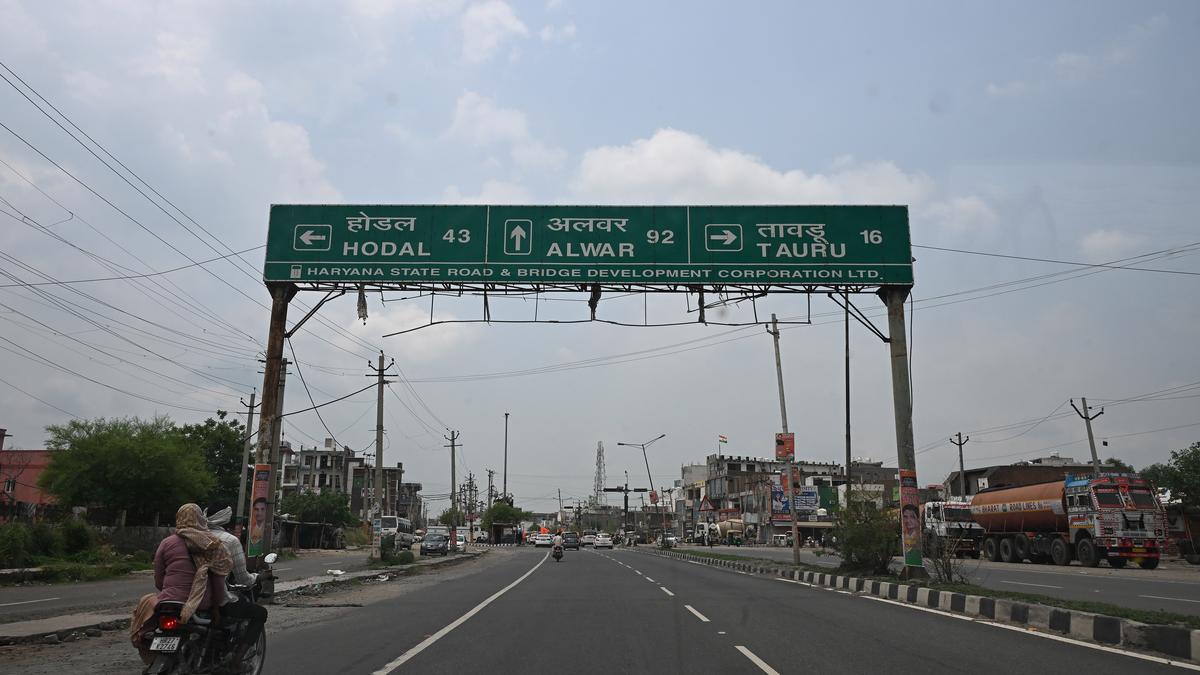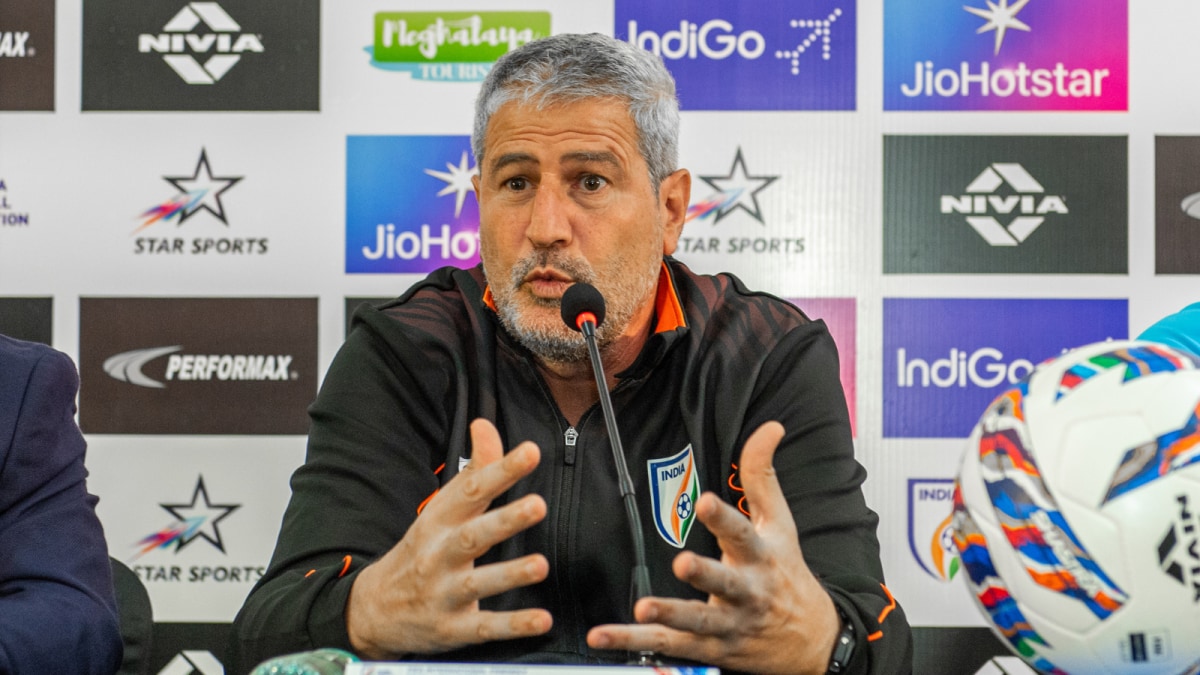Following calls for wider consultation and deeper reflection on the National Council for Teacher Education’s (NCTE) proposed overhaul of teacher training regulations, NCTE is reviewing the draft regulations that were earlier passed by its council in March.
“We have gone into a larger consultation with the Ministry of Education (MoE), stakeholders, and experts before finalising the draft NCTE (Recognition Norms and Procedure) Regulations 2025,” NCTE Chairperson Pankaj Arora told The Hindu.
NCTE had come up with the new regulations for teacher training institutes after a gap of ten years, with the last revision being in 2014. The new draft regulations have been proposed to align with the National Education Policy (NEP) 2020.

The earlier approved draft, which has now gone under the scanner, outlines the process for recognising institutions for teacher education programmes, and also addresses the transition of existing teacher education programmes into new ones aligned with NEP 2020. NCTE had received up to 6,774 feedback responses between February 20 and March 8 when the draft was made public for comments, before it was approved by the council.
In the minutes of the 63rd General Body meeting of NCTE held on March 19 and released on March 24, accessed by The Hindu, the NCTE council had accepted the recommendations of the expert committee and approved the NCTE (Recognition Norms and Procedure) Regulations, 2025. The council also decided that after approval from the Education Ministry and legal vetting from the Ministry of Law, the regulations will be notified in the Gazette of India.
“It is an evolving process and will not get done in one shot. We have not yet issued the Gazette Notification, so it is not finalised. It will be notified by the Ministry of Law after MoE approval,” Mr. Arora said.
Padma Sarangapani, former NCTE member and professor, Centre of Excellence in Teacher Education, Tata Institute of Social Sciences (TISS), Mumbai, said that in its current form, the draft regulations seem to offer no flexibility in deployment of teachers within broadly primary stage and middle/secondary stage as is the current practice.
This is because the new regulations propose five segmentations in teacher education specialisations — first, being Foundation teachers from preschool to Grade 2, Preparatory for Grade 3, 4, 5 who are subject teachers in two subject areas — any two from language, maths, environmental sciences, arts, physical education, Middle school teachers for Grade 6, 7, 8, specialised in two subject areas aligned to the liberal discipline subject, and a similar structure is proposed for Secondary School teachers (Class 9, 10).
“It will also be difficult to fulfil all the deployment requirements in rural and remote areas. Generally, the proposal is not aligned to trends in the teacher labour market,” Ms. Sarangapani said.
“Private schools will not find it practical to employ teachers for such specific stages. Teachers will also not find it satisfying from a career point of view to be boxed into narrow specialisations, and at differential salaries,” she added.
Teacher demand-supply gap
Mr. Arora told The Hindu that NCTE has constituted an expert committee to look into the demand-supply gap of school teachers in the country. The committee consists of members from MoE, NITI Aayog, National Institute of Educational Planning and Administration (NIEPA), University of Delhi, State Councils of Educational Research and Training (SCERT).
“The committee will map needs according to various teacher training programmes, and specifically look at issues in rural and tribal areas and submit a report to NCTE within six months,” he said.
Time extension for overhaul
Noting that there are over 13,000 teacher training institutions under NCTE purview, Mr. Arora said they have been given a year’s extension to transform into multidisciplinary institutions as required by NCTE under NEP 2020.
As per the requirements of the Integrated Teacher Education Programme, which requires a dual degree study of B.A, B.Com or B.Sc along with B.Ed, the teacher training institutes are expected to introduce B.Com and B.Sc courses, additional infrastructure, library facilities, and faculty to support two additional Bachelor’s degrees as per ITEP requirements.
“While all institutions are expected to gradually transition by 2030, we have allowed them until 2026-27 to start introducing the new ITEP degree. We are pushing the implementation period by a year, as institutes have been demanding more time to ramp up their facilities,” Mr. Arora said.
Derecognition of institutes
In the performance appraisal review of teacher training institutes conducted by NCTE in May and June, the regulatory body derecognised up to 2,224 institutes for their failure to fill appraisal forms.
Of these, 872 institutes belong to the Southern region, 686 are from the Western region, 637 are from the Northern region, and 29 are from the Eastern part of the country.
“These are only the institutes which did not fill out appraisal forms. NCTE is also conducting online inspections of teacher training institutes for their inability to meet standards in terms of appointing faculty, number of students, infrastructure and library facilities,” Mr. Arora mentioned.
NCTE has shifted from offline to online mode of checking by monitoring institutes, which includes tracking GPS coordinates of institute buildings, cross-checking faculty PAN information with institutional appointments, as the salaries have been tied up to PAN cards through Income Tax department, and so on, he explained.
NCTE conducts this performance appraisal review every other year. “At places, we found that one teacher was drawing salary from multiple institutes; we want to weed out such malpractices,” he said.



.png)
.png)
.png)
















 6 hours ago
5
6 hours ago
5








 English (US) ·
English (US) ·